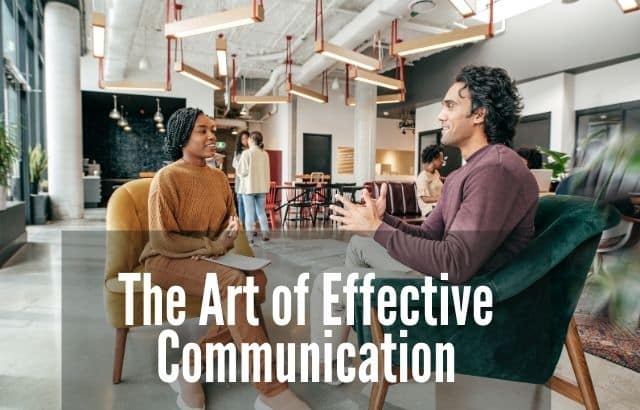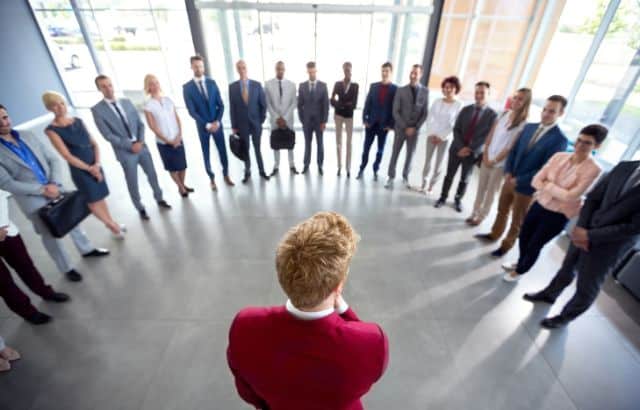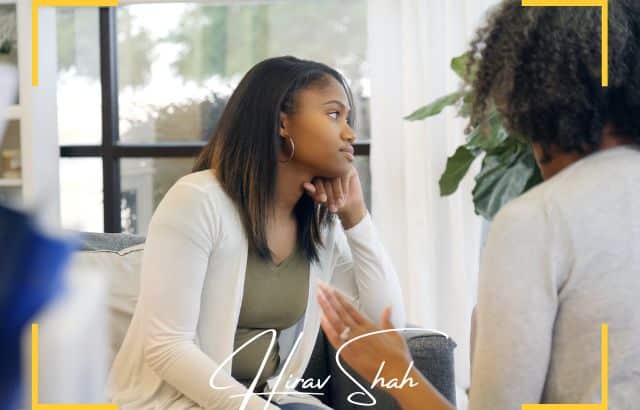Effective communication is key to success in both personal and professional relationships. Despite living in a world filled with advanced communication mediums and technologies, conveying your message accurately has become increasingly challenging. Business Strategist Hirav Shah emphasizes that this issue stems from our own actions—or inactions. We often fail to truly listen and understand one another, which leads to a breakdown in communication.
Table of Contents
Effective Communication Skills-The Problem of Modern Communication
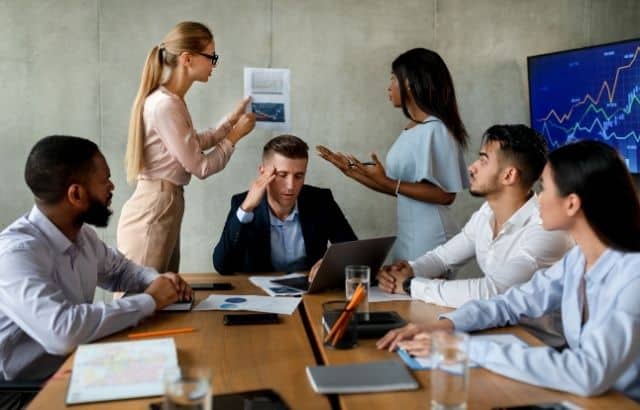
Hirav Shah states, “Today, people blame the fast pace of life and technology for their communication failures. In reality, the problem lies within us. We’re less willing to listen, read, or engage thoughtfully with others.” This lack of genuine engagement can create barriers between individuals, isolating them and diminishing their individuality.
Loss of Effective Communication is Equivalent to Loss of Self
Even with unprecedented connectivity across the globe, many feel misunderstood. The ability to communicate effectively is critical, yet it seems to be diminishing. People often complain that their voices go unheard, which can lead to feelings of isolation. The challenge is not just about technology but also about how we interact with each other in this digital age.
How Are We Losing Effective Communication?
To regain effective communication, we must identify the underlying issues. Hirav Shah highlights several key areas to focus on:
1. Listening vs. Responding

Example: Imagine a workplace scenario where a team member presents a new idea. If others listen merely to prepare their rebuttal rather than to understand, the discussion becomes unproductive.
To foster understanding, we must listen with intent. Shift your mindset from “What will I say next?” to “What are they really trying to convey?” This change can make a world of difference.
2. Effective Communication Skills – Importance of Delivery

The way a message is delivered is often as crucial as the content itself.
Example: A parent explaining a child’s mistake while remaining calm can lead to a better understanding than yelling. If a parent waits until the child has had time to process the mistake, their guidance will be more effective.
Regaining the Art of Effective Communication

Hirav Shah is not only an expert in communication but also a catalyst for change in how we interact. His insights apply across various settings—family, friends, and workplace relationships. Here are practical tips to enhance your communication skills:
Frequently Asked Questions
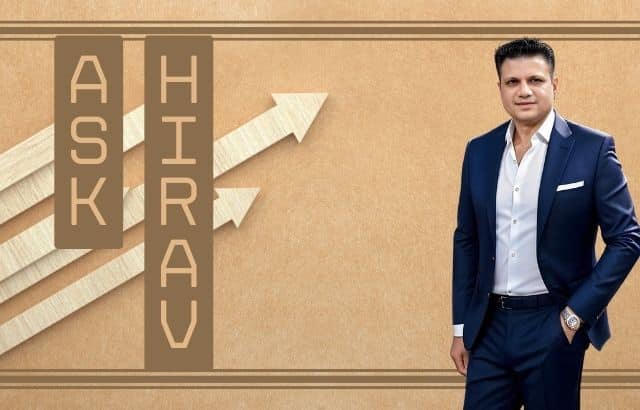
Q: How can I improve my listening skills?
A: Start by eliminating distractions during conversations. Practice active listening by summarizing what the speaker said to ensure you understood them correctly.
Q: What should I do if I feel misunderstood?
A: Politely express your feelings. For instance, say, “I think there’s been a misunderstanding; let me clarify my point.”
Q: How do I convey my message without causing conflict?
A: Use “I” statements to express your feelings and avoid blaming others. For example, say, “I feel frustrated when deadlines are missed” instead of “You always miss deadlines.”
Q: Can I learn effective communication skills at any age?
A: Absolutely! Effective communication is a skill that can be developed at any stage of life. The key is to remain open to learning and practicing.
Conclusion
The insights from Hirav Shah remind us that the art of effective communication can be restored. By actively listening, delivering messages thoughtfully, and engaging with empathy, we can improve our relationships and achieve greater success—both personally and professionally. Start practicing today and see how these small changes can lead to meaningful connections.
Related Links

